Warning from China's largest foundry: consumer demand for smartphones is softening
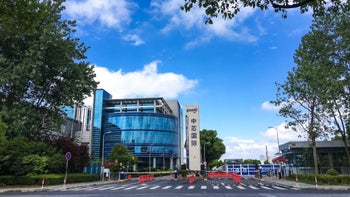
China's largest foundry, Semiconductor Manufacturing International Corp. (SMIC), is nowhere close to having the same capabilities to produce cutting-edge chips as TSMC and Samsung. Still, as China dreams about being self-sufficient when it comes to chips, SMIC's most advanced chips are basic 7nm SoCs for cryptocurrency miners, and 14nm smartphone chips. That compares to the 3nm chips that TSMC and Samsung are shipping this year.
China's top foundry, SMIC, is a few process nodes behind TSMC and Samsung
We've explained it many times but the best way to explain the process node numbers without making it too complex is thus: the smaller the process node, the smaller the transistors which means that the transistor count of a chip is higher. For example, the 7nm Apple A13 Bionic SoC sports 8.5 billion transistors in each chipset. The A14 Bionic, manufactured by TSMC using its first-generation 5nm process node, carries 11.8 billion transistors, and the A15 Bionic, using TSMC's enhanced 5nm node, has 15 billion transistors.
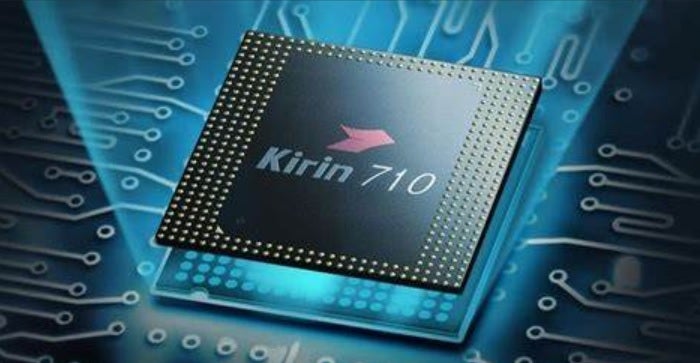
Huawei's Kirin 710A chipset is manufactured by SMIC using its 14nm process node
The reason why this is important is that typically the higher a chip's transistor count, the more powerful and energy-efficient it is. The A16 Bionic SoC, expected to power the iPhone 14 Pro and iPhone 14 Pro Max, will be produced using TSMC's 4nm process node.
According to Bloomberg, SMIC has revealed that its clients in sectors such as smartphones and televisions have been freezing their orders for chips due to the decline in demand for consumer electronics worldwide. The foundry has had to readjust its production schedule according to co-CEO Zhao Haijun, who addressed the media last Friday. The executive pointed out that its clients have stopped placing new orders for chips which have brought on "rapid freeze and urgent order halts."
For the second quarter of this year, SMIC reported a strong 42% increase in revenue to $1.9 billion USD, in line with analysts' expectations. Net income topped expectations of $469.5 million USD and reached $514.3 million USD for the three months. The company is hampered by U.S. restrictions which prevent it from purchasing an extreme ultraviolet lithography (EUV) machine from ASML.
The EUV is used to etch circuitry patterns on wafers that are cut to become chip dies. In order to fit billions of transistors in a chip, these patterns are 1/1,000 the width of a human hair which is why the EUV machine is so important in the production of cutting-edge chips. With the U.S. blocking the purchase of the machine by SMIC (the machine does rely on American technology), the foundry needs to come up with a workaround to catch up to TSMC and Samsung and the prognosis there doesn't look good.
SMIC still expects its fabs to run at a high utilization rate over the next two years
Still, SMIC expects its fabs to run at a high utilization rate over the next two years as more and more devices and products in China such as appliances and cars use more chips. And SMIC is getting more business from fabless chip designers in China. The company's shares trade on the Hong Kong stock market where the foundry has a market capitalization (stock price multiplied by the number of shares outstanding) of $201.86 billion Hong Kong Dollars ($25.76 billion USD).
Investors, fearing that the global consumer electronics slump is going to hurt SMIC, sent the foundry's shares falling 3.1% on Friday in Hong Kong to $17.08 Hong Kong Dollars ($2.18 USD). The 52-week high is $26.30 Hong Kong Dollars while the 52-week low is $14.64 Hong Kong Dollars.
Top-tier foundries are also running into softening demand. Last month, the world's top foundry, TSMC, said that it had "excessive chip inventory" thanks to "softening demand" for PCs, smartphones, and other consumer products. The company said that it will take a few quarters for the chip industry to rebalance. TSMC CEO C.C. Wei said, "Our suppliers have been facing greater challenges in supply chains, which are extending tool delivery times for both our advanced and mature nodes."



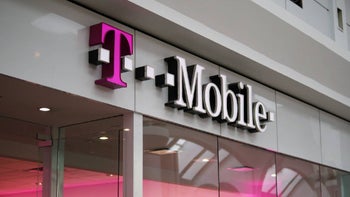




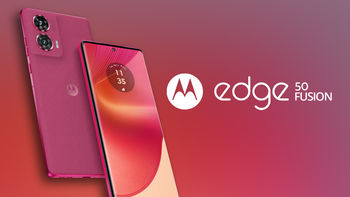
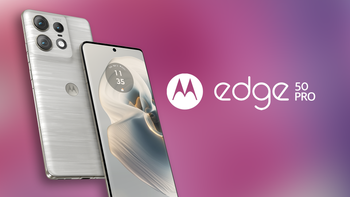



Things that are NOT allowed: